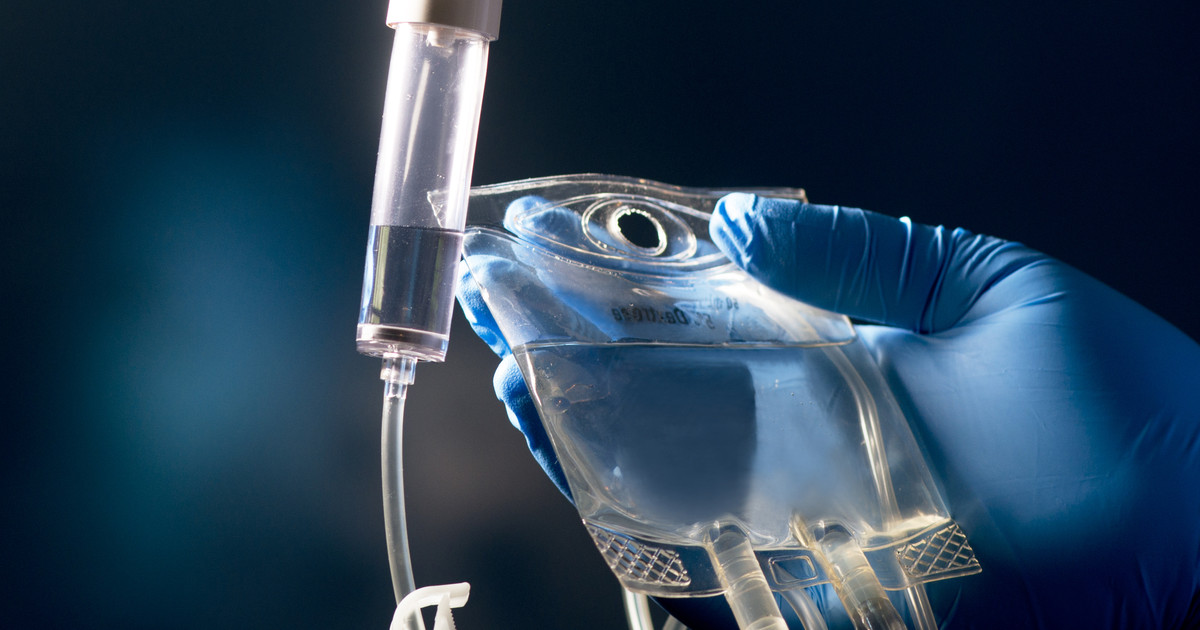Possible Treatments For Pituitary Apoplexy
The pituitary gland seems to be a fairly important one. It appears to control other glands and organs, such as the adrenal glands and thyroid. Unfortunately, pituitary apoplexy can compromise this gland. This may be rare, but it seems to be a medical emergency also. It may trigger significant bleeding or gland damage. There may even be death to parts of this gland. Symptoms appear to include double vision, vomiting, nausea, and a severe headache. Some individuals may see paralysis in their eye movements as well.
As a medical emergency, prompt treatment for pituitary apoplexy seems to be critical. It seems that medications for pituitary apoplexy are possible treatments. Surgical decompression for pituitary apoplexy may be a consideration too. Unfortunately, the best pituitary apoplexy treatment appears to vary. Thus, patients should consider evaluating and understanding all options first.
Cortisol Replacement Therapy
Cortisol seems to come from the adrenal glands. This hormone should be critical in many functions in the body. It may help individuals deal with stress. However, the pituitary gland can influence the adrenal glands. This may be why pituitary apoplexy can trigger issues with not having enough cortisol. Patients may see this appear as fatigue, low blood pressure, or a salt craving, among other signs.
These patients may receive cortisol replacement therapy to help. This may mean the use of some medication to replace cortisol, such as hydrocortisone. Prednisone appears to be another option. Both medications may act in a similar way to natural cortisol. For this condition, patients may receive their medication orally or through an intravenous line.
Continue reading to uncover more possible treatments now.
Surgical Decompression
Surgical decompression may be another treatment for this condition. It seems to help relieve pressure on the pituitary gland. This surgery may also stop bleeding. The seriousness of the patient's symptoms appears to dictate the need for surgical decompression. Milder cases may not receive it at first. However, doctors may choose this option if patients are dealing with low consciousness or severe visual impairment.
It appears that doctors access the pituitary gland through the patient's nose in this surgery. This may help with recovery time. However, patients still seem to need close monitoring to verify their pituitary gland function. Some of them may require hormone replacement therapy during their recovery. Certain patients seem to deal with diabetes insipidus immediately following this surgery. The condition appears to compromise fluid levels in their body. This complication in their kidneys may resolve as they recover. This gland is accessed through the nose, not the skull.
Discover more potential treatment options now.

